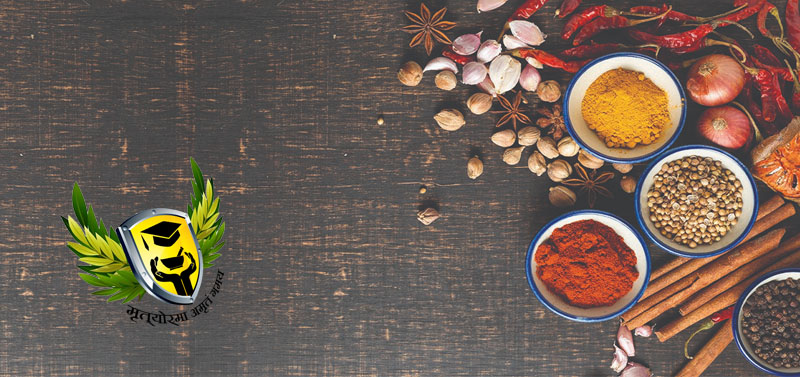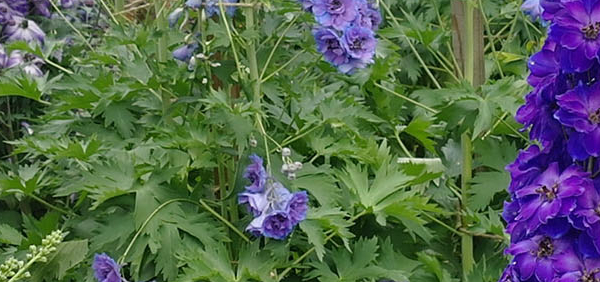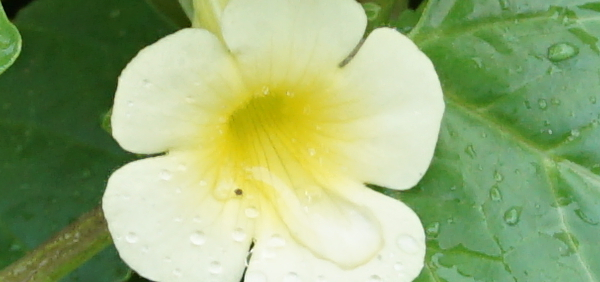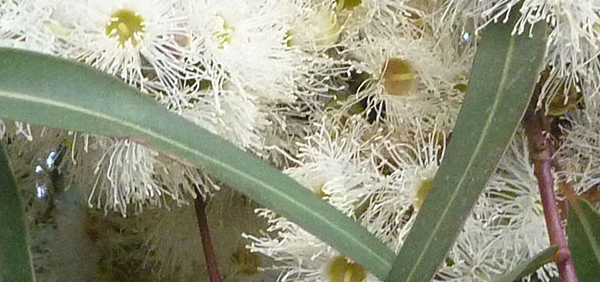mushka :

General Use:
The roots, bark and leaves are bitter, acrid, appetising, digestive, thermogenic, stomachic, depurative, constipating urinary astringent and anthelmintic. The fruits are reported to be useful in curing hydroceleTherapeutic Uses:
The plant has a long history of being used to treat various diseases. The roots, bark and leaves are bitter, acrid, appetising, digestive, thermogenic, stomachic, depurative, constipating urinary astringent and anthelmintic[]. They are useful in treating a range of conditions including indigestion, skin diseases, leprosy, anaemia, boils and burns and rectal disorders[].The bark is used to treat diseases of the throat, anaemia, bleeding piles and diabetes[].
The fruits are reported to be useful in curing hydrocele[].
The roots are used in the treatment of leprosy[].
Scientific investigations have proved the anti-oxidant, anti-inflammatory and antipyretic activities of the root and antidiabetic and antioxidant effect of the fruit[].
The root bark contains some bioactive agents that are powerful antioxidants, which prevent or repair the damage done to the cells by free radicals or highly reactive oxygen species. A significant observation was that the content of polyphenols, flavonoids and tannins was much higher in the root bark compared to the leaves and stem bark. The anti-anaemic property of the plant may be attributed to the presence of the above-mentioned bioactives as they are known to exert anti-oxidant activity as reported in the literature. From our study, it can be established that the anti-anaemic potential of the root bark can be explored for further research in developing a novel herbal delivery system[].
The collective data of this study revealed that root bark has considerable anti-anaemic activity, indicating the use of this plant for the treatment of anaemia[
- » Classification and names of mushka
- » Synonyms and definitions of mushka
- » Drug Properties of mushka
- » Chemical Constituents of mushka
- » Standardization of mushka
- » Parts used and Dosage of mushka
- » Morphology and Histology of mushka
- » Distribution and Conservation of mushka
- » Cultivation of mushka
- » mushka in the market
- » Medicinal Uses of mushka
- » Researches and clinical trails of mushka
- » mushka in other sytems of medicine
- » Ayurvedic formulations with mushka
- » Images of mushka












